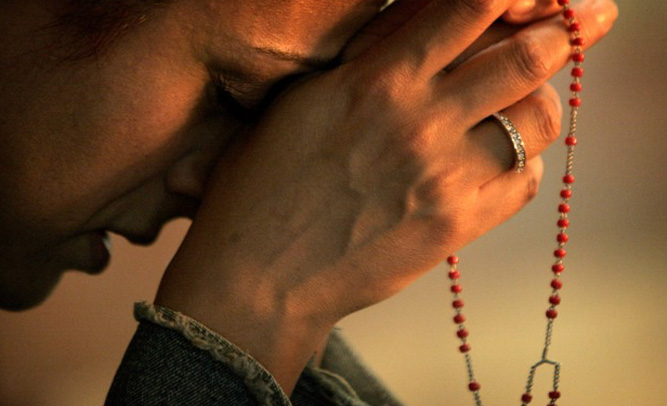CONCORD, Massachusetts –
An important study recently concluded that gathered the minds of doctors, scientists, priests, and hundreds of thousands of people revealed some potentially devastating information: praying for people with terminal illnesses might not save their lives or even relieve their suffering.
In the five year long study, one hundred terminally ill cancer patients volunteered to take part. Half of them acted as the control group, while almost a million people, sourced through various channels, prayed for the other half consistently. The results: each case ended at completely random intervals, with only one person making a full recovery. This one man was in the control group.
“I had a hunch prayer might not be as effective as people make it out to be, but I never thought it would be completely useless,” one of the leading doctors for the study remarked.
The group behind the study followed up with a report stating that the findings were not entirely conclusive since “God’s will can’t be proven,” suggesting that the Holy Spirit already had different plans for this group of people. Nonetheless, it raises skepticism and is pushing more doctors to rely on their years of painstaking medical studies instead of prayer.
“The craziest part for me,” one of the study’s unbiased third-party observers said, “is that the people in the non-prayer group actually did better overall. I mean obviously with something like cancer it’s hard to tell because every case is different, but since people weren’t allowed to pray for them they spent their time raising money for research, helping them pay their medical bills, and in general doing whatever else they could to help.”
Several members of the study’s prayer group also chipped in to financially and emotionally support the control group without prayer, often finding that their time felt much better spent. A much larger and longer-term study is scheduled to begin in a few months to hopefully gather a second round of evidence.






























